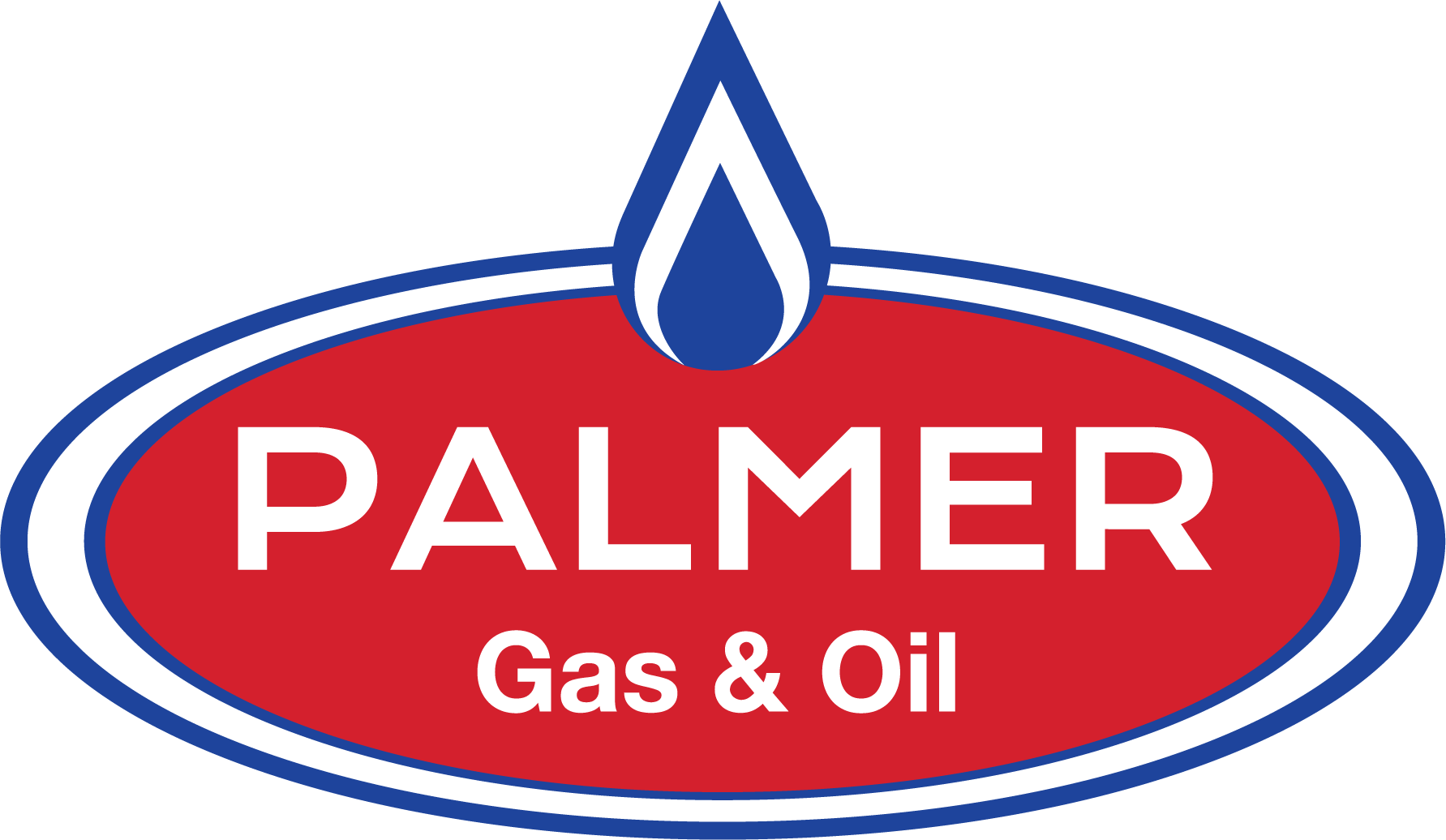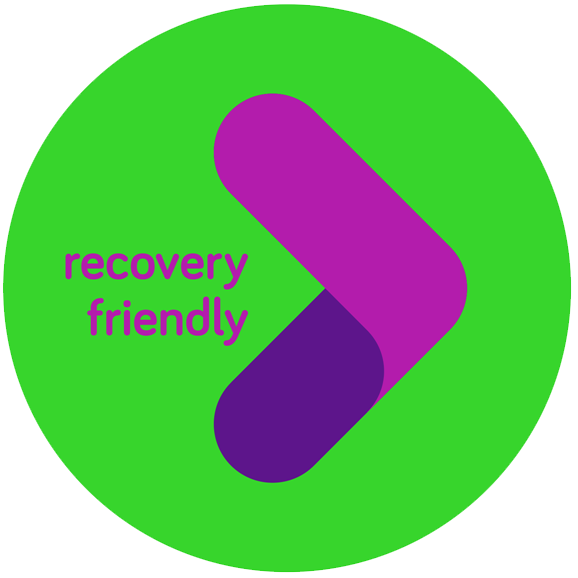June 22, 2020
The Federal government earmarked billions to support agricultural producers impacted by the pandemic
On Friday, Governor Mills called for the USDA to designate maple syrup as an eligible Coronavirus Food Assistance Program (CFAP) specialty crop. Doing so will create the pathway for Maine's maple producers to receive needed CFAP payments. Maple is currently ineligible for CFAP, and the industry is suffering due to a variety of factors due to COVID-19, including price drops, annual event cancellations, and restaurant closures.
The COVID-19 pandemic has been especially difficult for Maines approximately 557 maple syrup producers. Maine is the third-largest producer of maple syrup in America, with 580,000 gallons produced in 2019 and an overall production value of $21.6 million. Maines growing maple industry has an annual statewide economic contribution, including multiplier effects, of an estimated $48.7 million in output, 805 full- and part-time jobs, and $25.1 million in labor income, wrote Governor Mills in her request to the USDAs Farm Service Administration to include maple syrup as a specialty crop that can receive economic support through CFAP.
Governor Mills' support of our maple producing families comes at a time when it has become clear that COVID-19 has negatively impacted their market in multiple ways, commented Amanda Beal, DACF Commissioner. Maple producers are clearly in need of and should qualify for CFAP relief funds, and we are hopeful that the USDA will agree and make the needed adjustments to their criteria in response to the Governors request.
USDA Secretary of Agriculture Sonny Perdue implemented the CFAP on Wednesday, May 20, 2020, to assist agricultural producers impacted by the effects of the pandemic. CFAP establishes provisions for direct payments to producers of eligible specialty and non-specialty crops.
Note to Maine agricultural producers:
USDA is accepting CFAP applications through August 28, 2020. Producers should inquire about eligibility and apply through the Farm Service Agency at their local USDA Service Center.
The complete text of Governor Mills' letter is below:
June 19, 2020
US Department of Agriculture
1400 Independence Avenue SW, Stop 0522
Washington, DC 20250-0522
Docket ID: FSA-2020-0004
Re: Request for Maple Syrup to be Added as Specialty Crop Under Coronavirus Food Assistance Program (CFAP)
Dear Sir/Madam:
The COVID-19 pandemic has been especially difficult for Maines approximately 557 maple syrup producers. 1 Maine is the third-largest producer of maple syrup in America, with 580,000 gallons produced in 2019 and an overall production value of $21.6 million. 2 Maines growing maple industry has an annual statewide economic contribution, including multiplier effects, of an estimated $48.7 million in output, 805 full- and part-time jobs, and $25.1 million in labor income. 3 I write to request that USDAs Farm Service Administration (FSA) include maple syrup as a specialty crop eligible for economic support through the Coronavirus Food Assistance Program (CFAP).
The CFAP program offers support to specialty crops that suffered a five-percent-or-greater price decline or who had losses due to market supply chain disruptions due to COVID-19 and face additional significant market costs. Maine maple syrup producers fit within this definition.
The coronavirus pandemic struck just as the Maine maple syrup production season was beginning. The Maine season typically starts at the end of February/early March and finishes mid-April. Maine maple syrup producers rely on this season for the majority of their sales, which consists of direct-to-consumer, wholesale and bulk sales.
The emergence of Covid-19 effectively canceled the annual Maine Maple Sunday event scheduled for March 21-22, 2020, which typically drives robust direct-to-consumer sales for maple producers. 4 Thousands of Mainers and tourists, who normally visit sugar shacks to enjoy tours and demonstrations, and support producers through on-site purchases, remained home. The loss of this popular and profitable event has been devastating, especially for smaller producers who tend to make the bulk of their sales at that time. Significant losses that cannot be recovered by producers include advertising costs and expenditures associated with non-shelf stable inventory such as value-added maple products.
Similar market disruptions occurred between January-April due to the evaporation of wholesale accounts to institutions or restaurants, which also significantly decreased due to the pandemic. At a May 8, 2020 meeting of the Board of Directors of the International Maple Syrup Institute, in a round table discussion of the industry, large maple syrup packers from both the US and Canada stated that the crop appeared to be large and of high quality in 2020. 5 Sales have only been steady in grocery stores across the North American region. 6 With maple festivals, fairs, and events canceled due to health concerns, restaurants closed, and tourism curtailed both nationally and internationally, many producers have been unable to sell their current production from 2020.
In addition, due to the increase of production and strategic reserve inventory in Canada, the largest maple producing market in the world, bulk syrup prices are falling from $2.26 in 2017 to a reported average bulk price of $2.06 being paid by bulk packers in New England in 2020 7. Due to the decrease in the value of the Canadian dollar and the large supply they hold in their strategic reserve, Canadian syrup is much cheaper on the world market, which forces US prices down. Coupled with falling bulk prices, canceled orders, and decreased demand, both Canada and the US report a record-breaking volume in store for 2020. 8
I strongly urge USDA/FSA to include maple syrup within the CFAP program. Maine producers will be able to document to the FSA the negative price impacts and other evidence of market disruption between January-April 2020. CFAP program coverage will allow these producers to salvage the 2020 season and stay in business. Without such critical support, we fear that some producers will have to cease operations a blow for this otherwise robust and growing industry.
Sincerely,
Janet T. Mills
Governor
cc: Amanda Beal, Commissioner, Department of Agriculture, Conservation and Forestry



